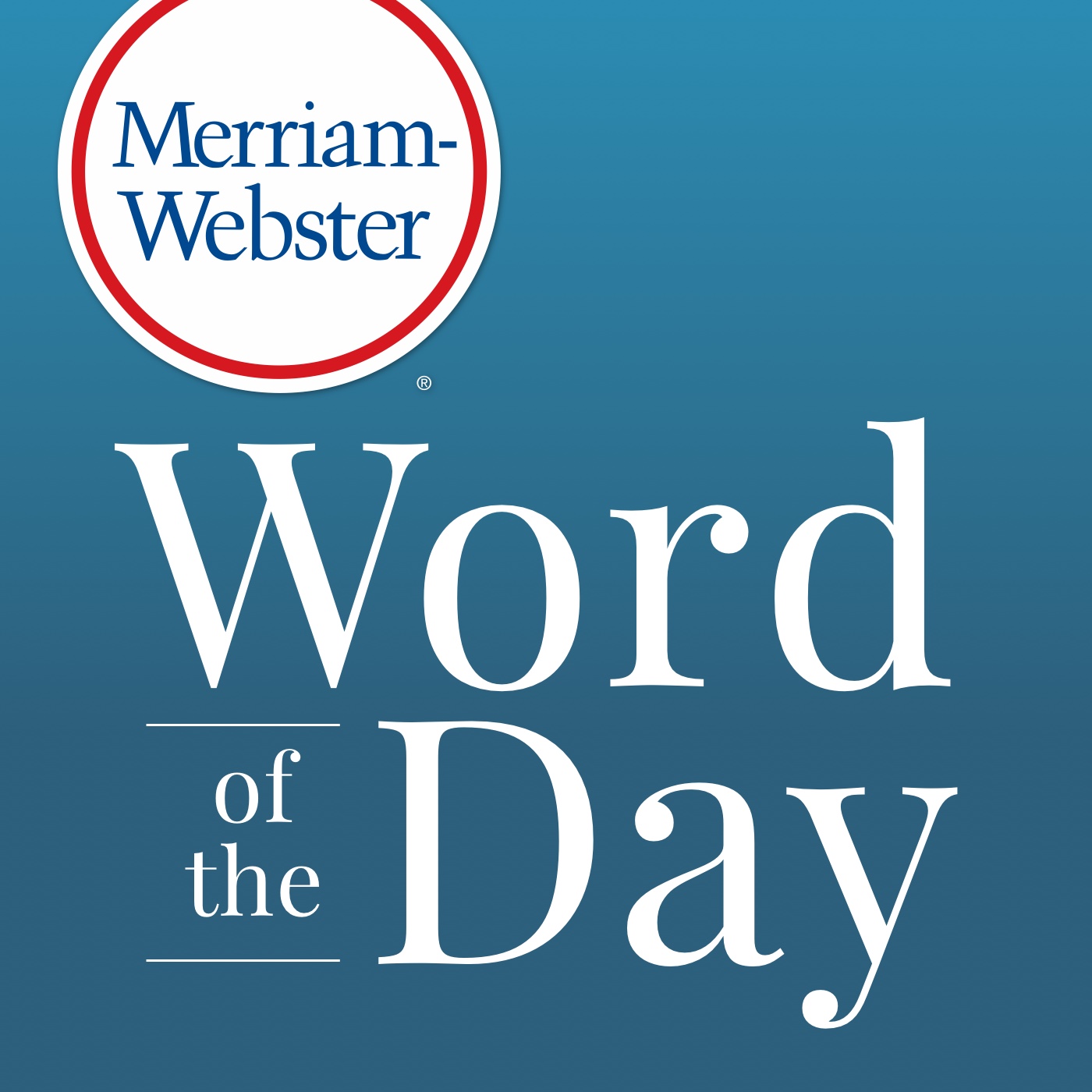Merriam-Webster's Word of the Day - verbose

visão geral
Merriam-Webster's Word of the Day for July 1, 2025 is: verbose \ver-BOHSS\ adjective
Someone described as verbose tends to use many words to convey their point. Verbose can also describe something, such as a speech, that contains more words than necessary.
// The article documenting their meeting presented an odd exchange between a verbose questioner and a laconic interviewee.
[See the entry >](https://www.merriam-webster.com/dictionary/verbose)
Examples:
"The dense, verbose text—over which some actors stumbled, understandably, on opening night—created a dizzying journey through a war between gods and mortals fought across time and place." — Rosa Cartagena, The Philadelphia Daily News, 19 Feb. 2025
Did you know?
There's no shortage of words to describe wordiness in English. [Diffuse](https://www.merriam-webster.com/dictionary/diffuse), [long-winded](https://www.merriam-webster.com/dictionary/long-winded), [prolix](https://www.merriam-webster.com/dictionary/prolix), [redundant](https://www.merriam-webster.com/dictionary/redundant), [windy](https://www.merriam-webster.com/dictionary/windy), [repetitive](https://www.merriam-webster.com/dictionary/repetitive), [rambling](https://www.merriam-webster.com/dictionary/rambling), and [circumlocutory](https://www.merriam-webster.com/dictionary/circumlocutory) are some that come to mind. Want to express the opposite idea? Try [succinct](https://www.merriam-webster.com/dictionary/succinct), [concise](https://www.merriam-webster.com/dictionary/concise), [brief](https://www.merriam-webster.com/dictionary/brief), [short](https://www.merriam-webster.com/dictionary/short), [summary](https://www.merriam-webster.com/dictionary/summary), [terse](https://www.merriam-webster.com/dictionary/terse), [compact](https://www.merriam-webster.com/dictionary/compact), or [compendious](https://www.merriam-webster.com/dictionary/compendious). Verbose, which falls solidly into the first camp of words, comes from the Latin adjective verbōsus, from verbum, meaning "word." Other descendants of verbum include [verb](https://www.merriam-webster.com/dictionary/verb), [adverb](https://www.merriam-webster.com/dictionary/adverb), [proverb](https://www.merriam-webster.com/dictionary/proverb), [verbal](https://www.merriam-webster.com/dictionary/verbal), and [verbicide](https://www.merriam-webster.com/dictionary/verbicide) ("the deliberate distortion of the sense of a word").